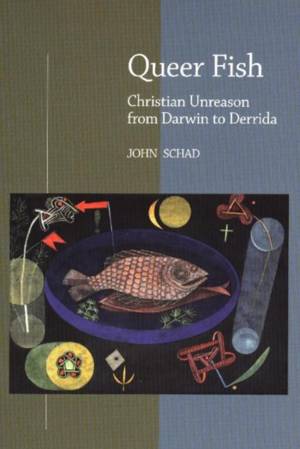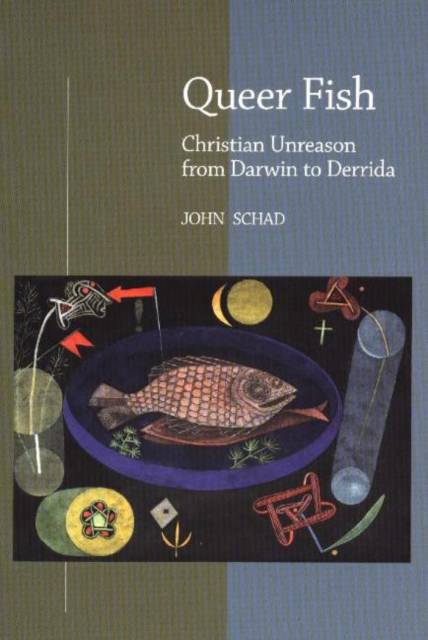
- Afhalen na 1 uur in een winkel met voorraad
- Gratis thuislevering in België vanaf € 30
- Ruim aanbod met 7 miljoen producten
- Afhalen na 1 uur in een winkel met voorraad
- Gratis thuislevering in België vanaf € 30
- Ruim aanbod met 7 miljoen producten
€ 41,95
+ 83 punten
Uitvoering
Omschrijving
At some point in the nineteenth century, God died, the world grew secular, and Christianity became oppositional, irrational, odd, even queer -- or so the story goes. To explore this narrative, John Schad offers a suitably odd or 'unreasonable' history of what Michel Foucault once called 'Christian unreason'. This proves, in part, to be an unlikely, or uncanny history of Christian involvement in such radical movements and developments as Anarchism, Surrealism, the Absurd, deconstruction, and even quantum physics. It also proves to be a dark and guilty history of Christian involvement in such terrible things and events as slavery, forced conversion, Fenian bombs, the Great War, the Holocaust, and even Hiroshima. The book begins with Matthew Arnold's 'Dover Beach' and its withdrawing 'sea of faith' as time and again Schad finds the figure of the Christian to be beached, a fish out of water -- a queer fish, in fact. This, then, is a book that is all at sea -- beginning with Charles Darwin's voyage to the 'extreme point of Christendom' that was South America, and ending with James Joyce and Jacques Derrida in 'the same boat', the same ruined, but sea-going, boat that is the twentieth-century Western Church. In between: Karl Marx is to be found in 1848 watching 'the waves of revolution' withdraw in Berlin; Sigmund Freud stands incredulous by the shore of Loch Ness; Oscar Wilde is laughed at in the rain at Clapham Junction; and Charles Dickens visits a church for the drowned, a church for ship-wrecked corpses. Revisiting 'Dover Beach' is often an appalling event, an event of death; often it is comic or even absurd. Sometimes it is both at once. With chapters devoted to Darwin, Marx, Freud, Dickens, Wilde, Joyce, and Derrida, Queer Fish has plenty for students not only of literature and philosophy but also theology and Jewish studies.
Specificaties
Betrokkenen
- Auteur(s):
- Uitgeverij:
Inhoud
- Aantal bladzijden:
- 177
- Taal:
- Engels
Eigenschappen
- Productcode (EAN):
- 9781845190194
- Verschijningsdatum:
- 1/06/2004
- Uitvoering:
- Hardcover
- Formaat:
- Genaaid
- Afmetingen:
- 160 mm x 233 mm
- Gewicht:
- 453 g

Alleen bij Standaard Boekhandel
+ 83 punten op je klantenkaart van Standaard Boekhandel
Beoordelingen
We publiceren alleen reviews die voldoen aan de voorwaarden voor reviews. Bekijk onze voorwaarden voor reviews.









